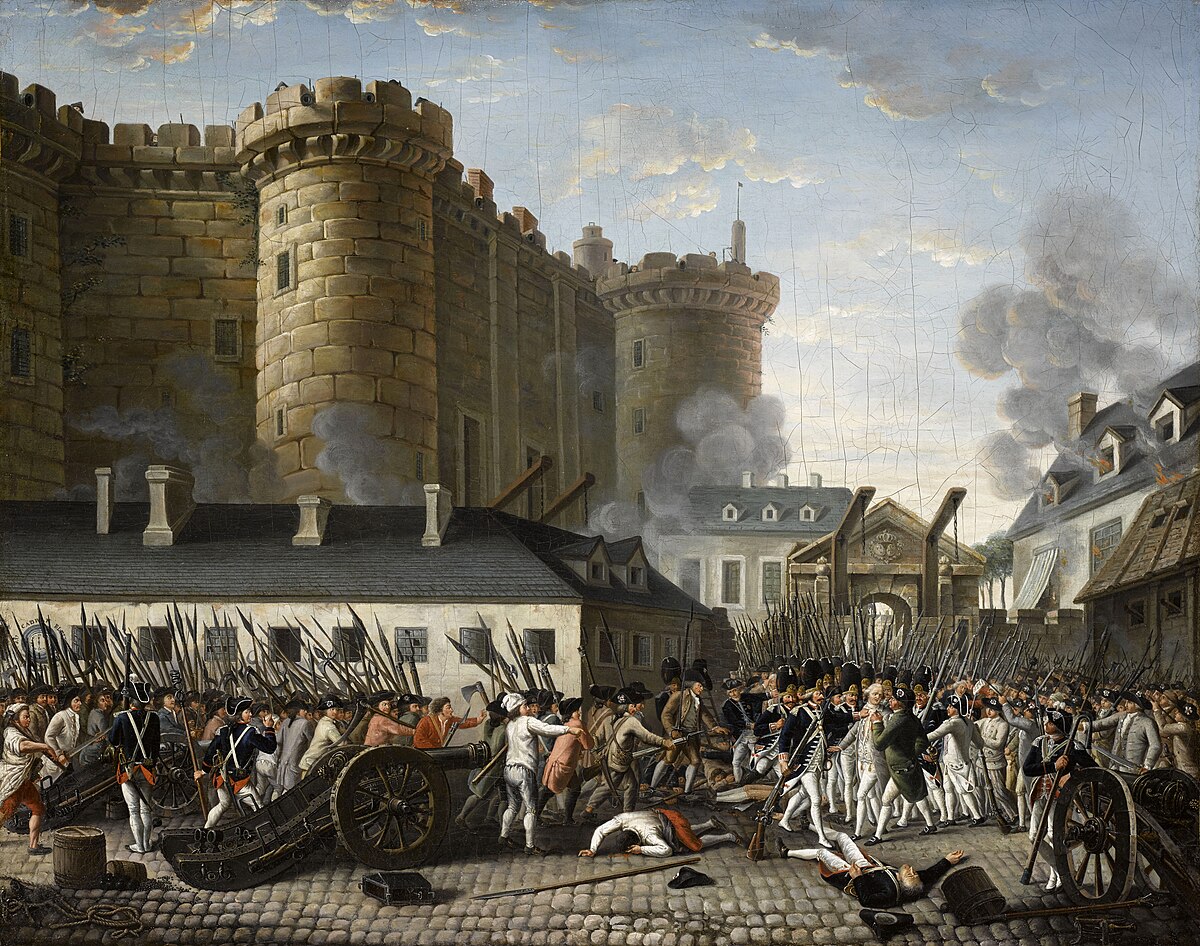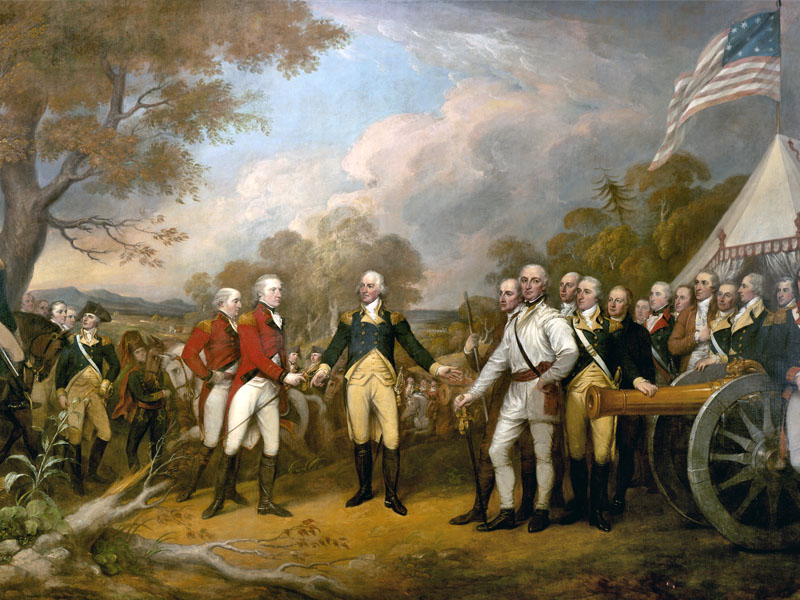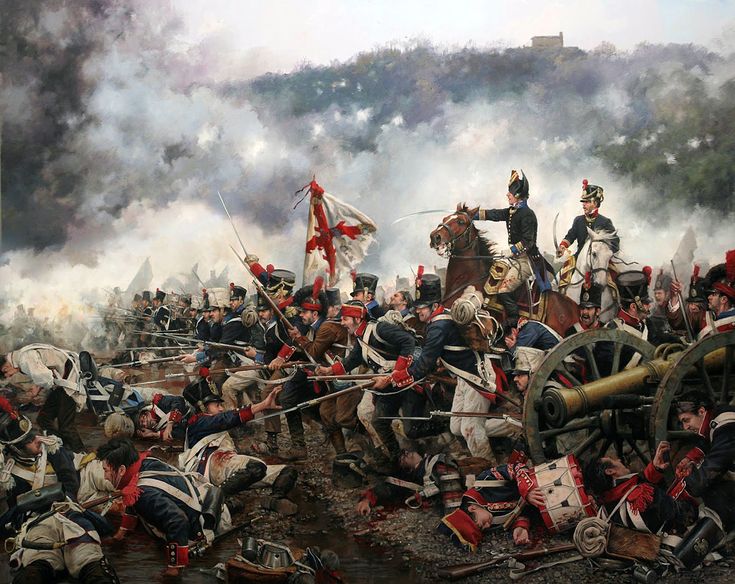Why History is Important ?
I mean, most of us hate history from childhood, with fear of silly dates and tired of memorizing the nuts and bolts of names and chronological events. But unlike others, I was always interested in those old stories that everyone my age was bored with. I wanted to know how things really started, how people started farming, how humans started speaking, how the first thread was produced, and how collective survival evolved into warfare.
These "how" questions brought me into the study of history. It was very interesting to read about how mankind developed over time, from monarchic laws to democratic systems, from wars to diplomacy, and from manual tillage to mechanized farming. For example, in Mesopotamia (Modern-day Iraq) around 4000 BCE, complex irrigation systems were developed, allowing for large-scale crop production, which was a major leap in agricultural practices. It indicates that the study of history is nothing but the study of change.

It talks about who our ancestors were and where we stand in comparison with them. This gives us a concept about how countries, families, and groups originated and developed. History also comes to be known as a "laboratory" of human experiences that represent how difficult conditions humans underwent from different ages and geographies. For instance, independence and self-governance led to the establishment of the United States. The colonies declared their independence from Britain in 1776, which led to the Revolutionary War. The victory in 1783 established the U.S. as an independent nation, and the Constitution laid down the framework for a democratic government that followed.

This diversity helps us be appreciative of other people's cultures, ideas, and traditions. From the philosophical point of view, history is important in giving us an understanding of how to answer questions such as "Who are we?" or "How did this happen?" Philosophers, such as Hegel, suggest that history is not "facts" but rather an interpretation and perspective that makes us question truth and objectivity.
One asks: Can history be fiction? Yes, history can be biased. Different observers may give different versions of the same event. Just as we might miss some details in a moment unfolding before our eyes, historians can overlook nuances, resulting in distorted stories.
For example, Magna Carta (1215) established precepts which impact current democracy, yet it was considered from a different perspective by various social classes of that era.
I think that history is far from dates and events; different interpretations analyzed increase critical thinking. In such a world where nothing was absolute, the understanding of the origins and evolution of ideas might become a very relative reference point. A perspective to understand where one comes from, where we are, and where to go.
The reason our past helps in knowing our present and will inform our future is well underlined by Yuval Noah Harari, arguing that knowledge of history is pertinent because history is the root in many politics, social matters, economic and even environmental issues.
For instance, the French Revolution 1789-1799 marked the moment of great transformation from absolute monarchy to democratic principles, which set up those tenets in the Declaration of the Rights of Man and of the Citizen; after the awful years of World War II, 1939-1945, the Yalta Conference of 1945 modified diplomatic practice since new terms of cooperation among nations appeared on the horizon.

Besides all this political and territorial stuff, history is fun! It's a vibrant tapestry that shapes who we are today. We are living through history right now, constantly wondering about the languages we speak and how they evolved. Have you ever thought about how humans learned to articulate words? Or how countless languages and accents emerged over time? Consider the journey from caves to skyscrapers, from wearing leaves to donning cotton and wool. What sparked the idea of having a home? These transformations are not just fascinating; they reveal the creativity and adaptability of humanity.
One remarkable example of this adaptability is seen in the engineering feats of the Roman Empire. The Romans built wide roads and numerous bridges revolutionizing transportation and communication along their vast empire. Some of the famous roads in Rome were constructed as long ago as 312 BCE such as the Via Appia, which connected it to Capua. Some of these roads enabled extensive trade, military movement and cultural exchange across different people. Each step in the evolution of human beings describes survival, innovation, and connection. Exploring history allows us to understand our present and imagine our future. Isn’t it amazing to think about how far we’ve come?
History is anything but dull; we just learn it the wrong way. There is so much to discover about history and its relevance in our present and future. What can we learn from our past? How will our actions today shape the world of tomorrow? History is not a record of what it has been; it is a guide for what could be. As we continue to write our own chapters, let's embrace the stories that connect us and inspire future generations.
Author: Ayesha Anwar
Researcher: Mohsin Ramzan